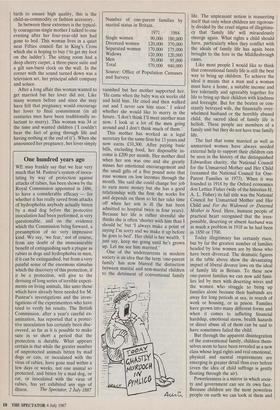One hundred years ago
WE may frankly say that we fear very much that M. Pasteur's system of inocu- lating by way of protection against attacks of rabies, has been shown by the Royal Commission appointed in 1886, to have a considerable efficacy — for whether it has really saved from attacks of hydrophobia anybody actually bitten by a mad dog before the protective inoculation had been performed, is very questionable, and on the evidence which the Commission bring forward, a presumption of no very impressive kind. We say, 'we fear,' not of course, from any doubt of the immeasurable benefit of extinguishing such a plague as rabies in dogs and hydrophobia in men, if it can be extinguished, but from a very painful sense of the enormous stimulus which the discovery of this protection, if it be a protection, will give to the devising of long series of terrible experi- ments on living animals, like unto those which have already been needed for M. Pasteur's investigations and the inves- tigations of the experimenters who have tried to verify his results. The British Commission, after a year's careful ex- amination, has reported that a protec- tive inoculation has certainly been disc- overed, so far as it is possible to make sure in so short a period that the protection is durable. What appears certain is that while the greater number of unprotected animals bitten by mad dogs or cats, or inoculated with the virus of rabies, have gone mad within a few days or weeks, not one animal so protected, and bitten by a mad dog, or cat, or inoculated with the virus of rabies, has yet exhibited any sign of illness. The Spectator, 2 July 1887


















































 Previous page
Previous page